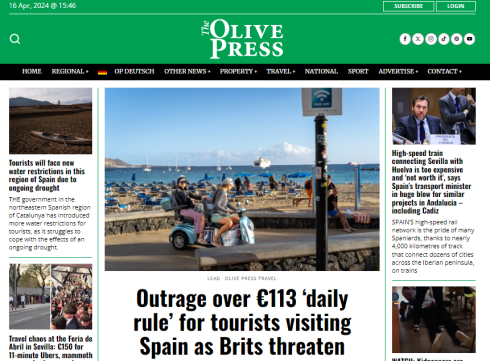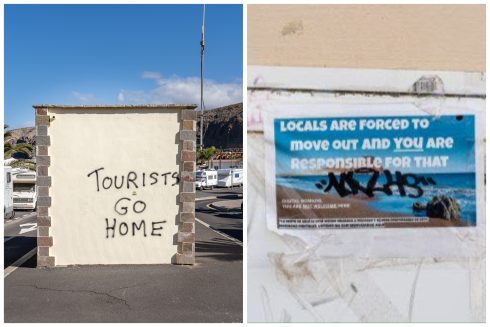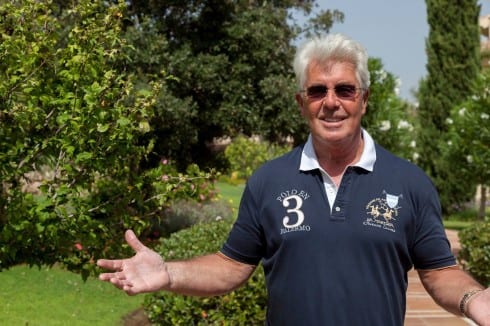THE search for the remains of legendary Spanish author Cervantes begins today, with excavations at the Las Trinitarias Descalzas convent in Madrid’s historic las Letras district.
The search team will know by the end of the year whether or not the search has been successful, in an operation estimated to be costing €100,000.
Miguel de Cervantes Saavedra died on the very same day as William Shakespeare, but where he is buried remains as much a mystery as the meaning of his book Don Quixote.
Evidence has existed since 1870 of undiscovered burial sites underneath the convent in the capital.
And now experts are set to use specialist geo-radar equipment in a bid to unearth his bones.
The city’s heritage department aims to find the body, dig it up, perform tests and then rebury it.
Cervantes died a poor man in the capital on April 23, 1616, aged 69.
His bones could reveal whether he died of cirrhosis, as it has been claimed, the writer being a notoriously heavier drinker.
“They may not just help us to discover what he looked like, but also why he died,” said historian Fernando Prado.
“It is said that he was very ill late in life, but that is also when he was very productive as an author.”
It is known that he had earlier suffered a gunshot wound to the chest and damage to his left hand at the Battle of Lepanto in 1571 which may help identify the correct body.
He was survived by one daughter, meaning a DNA sample could be used if any descendants are found.
His masterpiece, Don Quixote, has been translated into more than 60 languages.
It is hoped the work can be carried out by 2016, when there are plans for a joint global celebration to mark the anniversaries of the death of Cervantes and Shakespeare.











At what point does Grave-robbing become Archeology ?
Simple…. archaeology is when work is licensed, uses scientific methods, documents findings minutely and disseminates results to the public, grave robbing is a simple smash, grab and sell whatever looks promising routine. Metal detectors can’t be sold in Spain to the general public, or used without proper authorization. Here Spain has got something right.